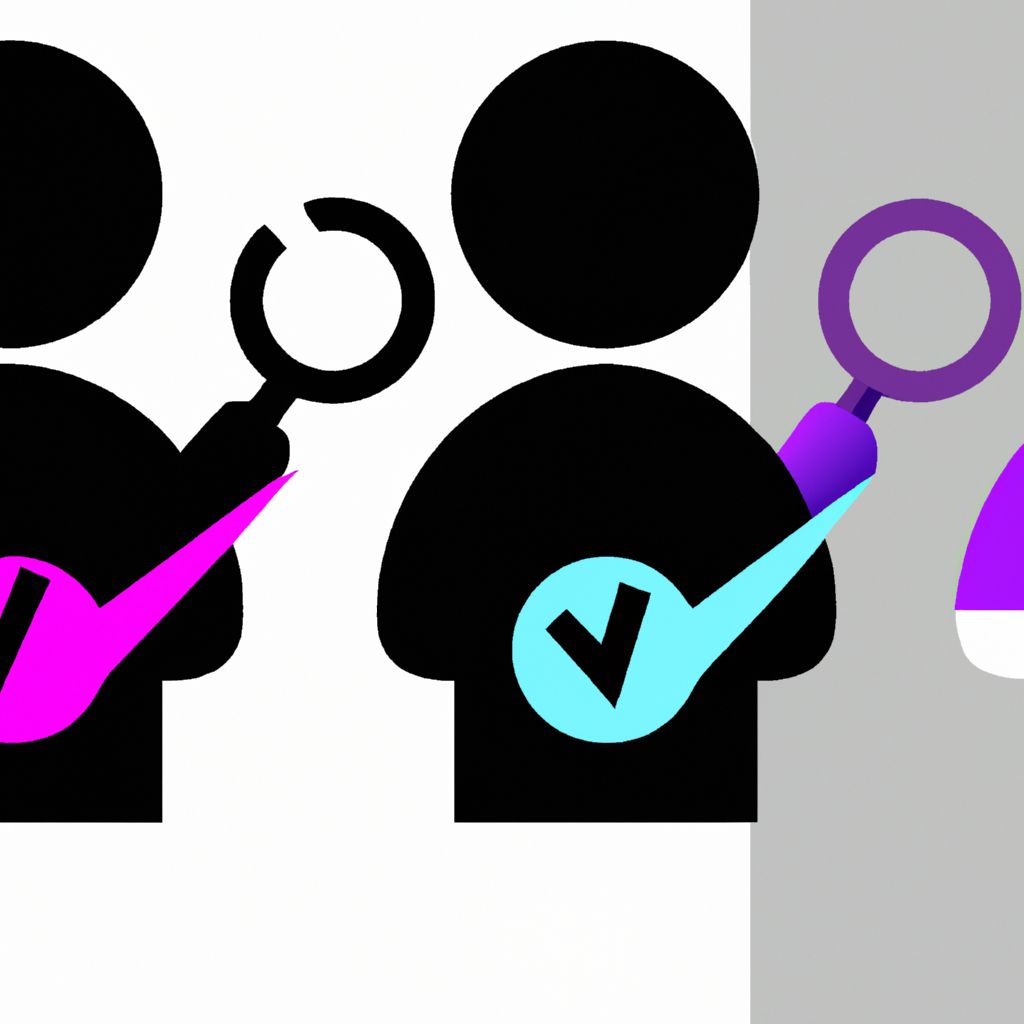Who is an IT Security Auditor?
An IT Security Auditor is a specialized professional responsible for evaluating the security and effectiveness of an organization's information technology infrastructure, systems, policies, and procedures. They act as independent examiners, assessing whether security controls are adequately designed, implemented, and operating as intended to protect confidentiality, integrity, and availability of information assets.
Unlike IT security administrators who implement and manage security controls, the auditor's primary function is to provide objective assurance. They verify that the organization's security posture aligns with internal policies, industry best practices, and relevant regulatory requirements (like GDPR, HIPAA, PCI DSS, SOX).
Key Responsibilities of an IT Security Auditor
The day-to-day tasks of an IT security auditor are diverse but generally revolve around assessment and verification:
- Planning Audits: Defining audit scope, objectives, and criteria based on risk assessments and compliance requirements. Developing audit plans and programs.
- Evaluating Controls: Assessing the design and operating effectiveness of technical controls (firewalls, IDS/IPS, access controls, encryption), administrative controls (policies, procedures, training), and physical controls (data center security).
- Testing Compliance: Verifying adherence to specific laws, regulations, and standards (e.g., checking PCI DSS requirements for cardholder data protection, reviewing HIPAA safeguards for patient information).
- Reviewing Documentation: Examining security policies, procedures, network diagrams, system configurations, and previous audit reports.
- Conducting Interviews: Talking with IT staff, management, and users to understand processes and gather evidence.
- Performing Technical Testing: Utilizing auditing software and techniques to test controls, such as reviewing system logs, analyzing configurations, performing limited vulnerability scans (distinct from penetration testing), and examining access lists.
- Analyzing Evidence: Evaluating the collected evidence objectively against the audit criteria.
- Identifying Gaps and Weaknesses: Documenting control deficiencies, policy violations, misconfigurations, and areas of non-compliance.
- Assessing Risk: Evaluating the potential impact and likelihood associated with identified findings.
- Reporting Findings: Communicating audit results clearly and concisely to stakeholders through formal audit reports, including actionable recommendations for remediation.
- Following Up: Tracking the implementation of remediation actions and verifying their effectiveness.
Essential Skills and Qualifications
A successful IT security auditor typically possesses a blend of technical knowledge, analytical skills, and communication abilities:
- Technical Proficiency: Strong understanding of networking concepts, operating systems (Windows, Linux/Unix), databases, cloud security (AWS, Azure, GCP), security technologies (firewalls, VPNs, SIEM), and common vulnerabilities.
- Knowledge of Frameworks and Standards: Familiarity with security frameworks (NIST Cybersecurity Framework, ISO 27001/27002, COBIT) and relevant regulations (PCI DSS, HIPAA, SOX, GDPR, etc.).
- Analytical Skills: Ability to analyze complex systems and processes, interpret technical data and logs, and identify patterns or anomalies.
- Attention to Detail: Meticulousness in examining configurations, documentation, and evidence.
- Communication Skills: Ability to clearly articulate technical concepts and findings to both technical and non-technical audiences (written and verbal). Skill in interviewing personnel effectively.
- Objectivity and Independence: Ability to perform assessments without bias and maintain professional skepticism.
- Problem-Solving: Skill in identifying root causes of issues and developing practical recommendations.
- Ethical Conduct: Adherence to professional codes of ethics.
Common Certifications
While experience is crucial, certifications demonstrate expertise and are often required or preferred by employers:
- CISA (Certified Information Systems Auditor): Globally recognized standard for IS audit, control, and security professionals.
- CISSP (Certified Information Systems Security Professional): Broad security certification covering various domains, valuable for understanding the controls being audited.
- CISM (Certified Information Security Manager): Focuses on information security governance, risk management, and program development.
- GIAC Certifications (e.g., GSNA - GIAC Systems and Network Auditor): More technical, hands-on certifications.
- ISO 27001 Lead Auditor: Specific to auditing against the ISO 27001 standard.
Internal vs. External Auditors
IT security auditors can work internally within an organization's internal audit department or compliance team, or externally for public accounting firms, specialized security consulting companies (Information Security Audit Companies), or regulatory bodies. External auditors often provide a higher degree of independence and may specialize in specific regulations or industries.
Conclusion
The IT security auditor plays a vital, independent role in safeguarding an organization's information assets. By systematically evaluating controls, verifying compliance, and identifying weaknesses, they provide essential assurance to management, regulators, and other stakeholders. Their work is critical for maintaining a strong security posture, managing risk effectively, and building trust in the digital age.
Disclaimer: This post represents the view of the individual author that wrote it and not necessarily the view of Rarefied Inc.
Looking for professional security testing?
Based on your interest in this topic, you might benefit from our specialized security services:
